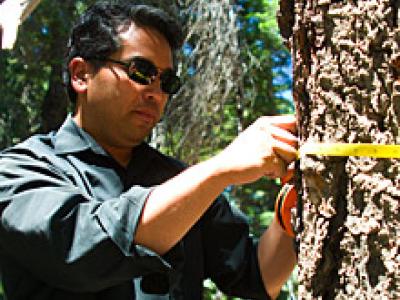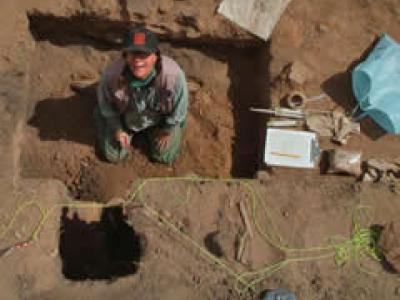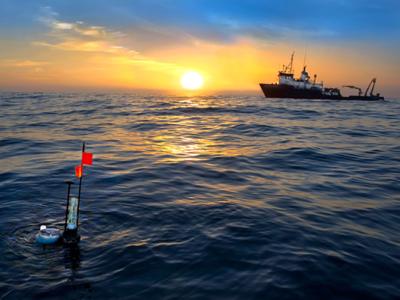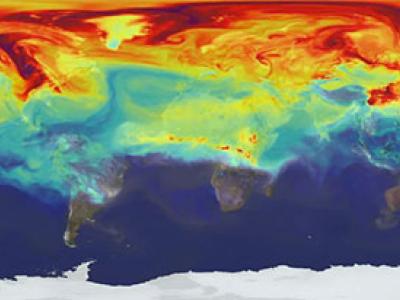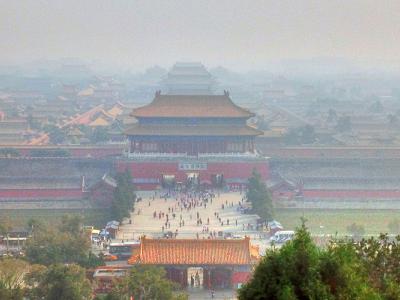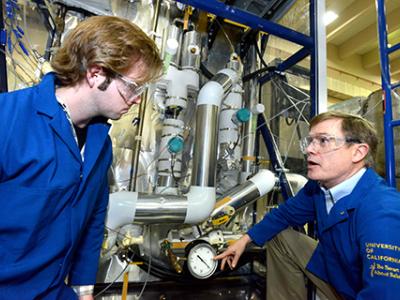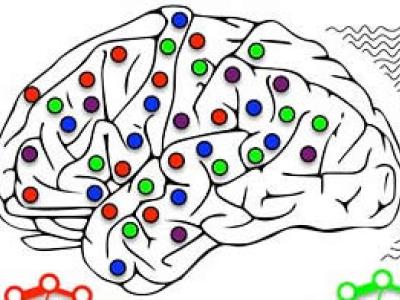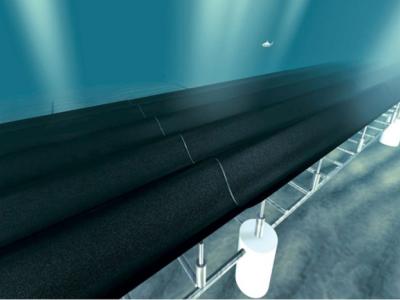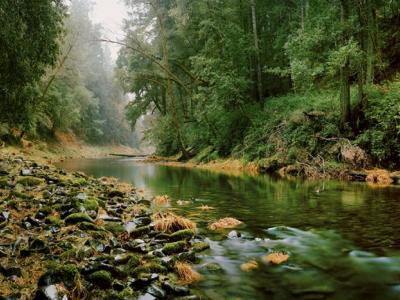Energy, Climate & Environment News
Researchers find climate change already playing major roles
Follow ocean-going robots, and their scientists, for 10 days at sea
What’s life like aboard a scientific research vessel plying the California coast deploying robots to unlock important data about climate change?
Warming world may put most cities off-limits for summer Olympics
Climate change could constrain the Olympics going forward and not just because of rising sea levels.
To improve Beijing’s air quality, cut household fuel use too
China’s plans to curb Beijing’s health-damaging air pollution by focusing on restricting emissions from power plants and vehicles may have limited impact if household use of coal and other dirty fuels is not also curtailed, according to a new study.
California is new headquarters for smart manufacturing institute
On June 20, at a conference of global business leaders in Washington, D.C., President Obama announced the creation of a new $140 million Clean Energy Smart Manufacturing Innovation Institute (CESMII), to be headquartered at UCLA, with a Berkeley-based regional center.
Climate change could trigger tropical evacuations, researchers advise
Global warming by just 2 degrees Celsius is likely to force some tropical plant, animal and human populations to relocate hundreds of miles from their current homes this century.
Cities can be building blocks of sustainability, says UC Berkeley study
While cities currently are the major contributor to global climate change, they could become the building blocks of sustainability, according to UC Berkeley researchers.
An Energy Strategy that Can Take the Heat
Water and energy are tightly linked in the 21st century. Per Peterson’s research seeks to develop water-saving ways of cooling energy plants, both nuclear and solar.
Hazards and opportunities in the pipeline
Environmental engineer David Sedlak explores the serious water treatment, supply and security challenges we face, and proposes how to meet them.
Rising seas: A new look at resilient infrastructure
We know that our changing climate will bring rising sea levels to the Bay Area. But do we know how to handle it?
The search for smarter energy and water strategies
Ashok Gadgil is refining an affordable water treatment technology to produce fresh drinking water from brackish water, one of many projects supported by CERC-WET.
How a network of sensors can help California's water system
Berkeley engineering grad student Ziran Zhang and engineering professor Steven Glaser put on their snowshoes and headed into the hills recently to take a close look at the snowpack high in the Sierra.
Climate Change is Here. Now What?
On March 24, Berkeley Lab’s Bill Collins, an internationally recognized expert in climate modeling and climate change science, updated the Science in the Theater audience on what we know about climate change.
Making waves: Turning ocean power into electricity
Ocean waves have vast energy potential. The Electric Power Research Institute estimates the total wave energy resource along the United States coastline at 2,640 terawatts per year. One terawatt can supply more than 93,000 typical U.S. homes with power annually.
The critical zone: Studying where all of life happens
Science isn’t generally considered an extreme sport, but you wouldn’t know that by watching researchers in the Eel River Critical Zone Observatory scale hundred-foot-tall trees and wade through rushing rivers.

